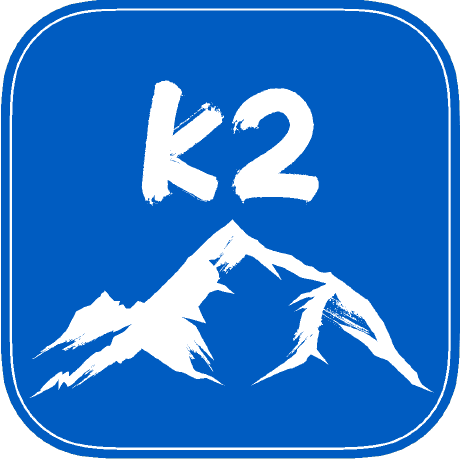Discover and explore top open-source AI tools and projects—updated daily.
ada by  Nlouis38
Nlouis38
AI assistant for STEM with voice/text interaction
Top 94.9% on SourcePulse
ADA (Advanced Design Assistant) is an AI assistant specializing in STEM fields, offering voice and text interaction for concise, accurate information and task assistance. It provides both a cloud-dependent online version leveraging Google Gemini and ElevenLabs for enhanced performance, and a local version reliant on user hardware and Ollama. The project is ideal for STEM professionals and researchers seeking an interactive AI assistant.
How It Works
ADA utilizes a modular architecture with distinct local and online components. The online version integrates Google Gemini for advanced natural language understanding and response generation, coupled with ElevenLabs for high-quality, low-latency Text-to-Speech (TTS). The local version relies on Ollama to serve models like Gemma, with performance directly tied to the user's hardware. Both versions employ RealtimeSTT for speech-to-text transcription and support function calling for task execution, such as accessing system information, managing timers, or performing web searches.
Quick Start & Requirements
- Installation: Clone the repository, create a virtual environment, and install dependencies via
pip install -r requirements.txt(assuming arequirements.txtfile exists, otherwise list key packages likeollama,websockets,pyaudio,RealtimeSTT,RealtimeTTS,torch,google-generativeai,opencv-python,pillow,mss,psutil,GPUtil,elevenlabs,python-dotenv,python-weather,googlemaps). - Prerequisites: Python 3.11+, Ollama (for local version), CUDA-compatible GPU (optional, recommended for local), Microphone, Speakers, Headphones (recommended), API Keys (Google Gemini, ElevenLabs, Google Maps) stored in a
.envfile. FFmpeg is recommended for audio processing. - Setup: Estimated setup time involves cloning, environment setup, dependency installation, and API key configuration.
- Links: GitHub Repository
Highlighted Details
- Dual operational modes:
ada_localandada_online. - Real-time voice interaction via RealtimeSTT and RealtimeTTS (ElevenLabs or SystemEngine).
- Function calling capabilities for task automation (e.g., system info, timers, project folders, weather, travel duration).
- Multimodal demo (
multimodal_live_api.py) supporting camera or screen sharing with audio. - STEM-focused knowledge base.
Maintenance & Community
No specific details on contributors, sponsorships, or community channels (like Discord/Slack) are provided in the README.
Licensing & Compatibility
The README does not explicitly state a license. Users should verify licensing for all dependencies, especially for commercial or closed-source use.
Limitations & Caveats
The local version's performance is heavily dependent on user hardware. The README strongly recommends the online version for better quality and speed. Some tools like to_do_list.py are noted as not currently integrated as callable tools. The camera.py implementation is described as returning a string rather than maintaining an open feed.
10 months ago
Inactive

 13point5
13point5 GRVYDEV
GRVYDEV aliyun
aliyun Nikorasu
Nikorasu gregsadetsky
gregsadetsky evinjohnn
evinjohnn ZackAkil
ZackAkil gpt-omni
gpt-omni elevenlabs
elevenlabs Kedreamix
Kedreamix Open-LLM-VTuber
Open-LLM-VTuber k2-fsa
k2-fsa